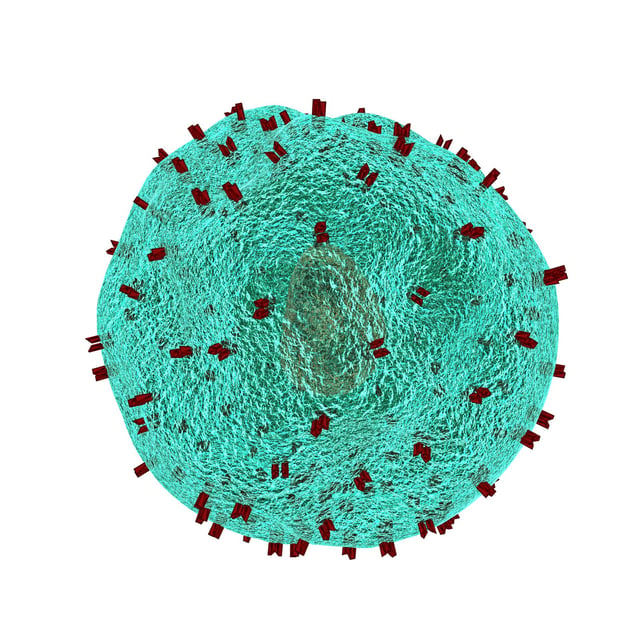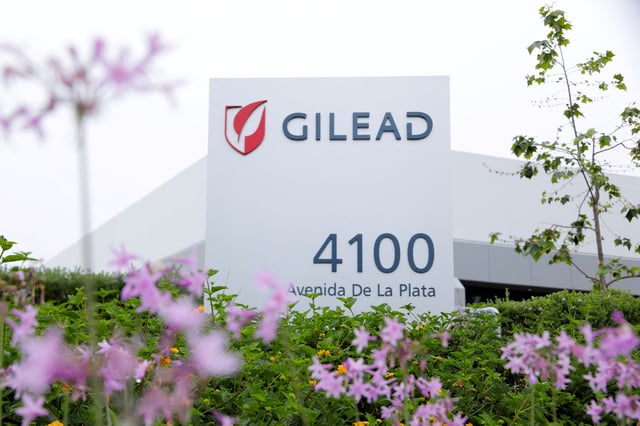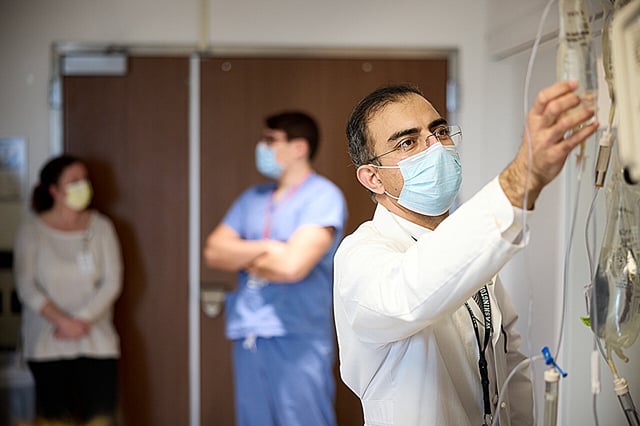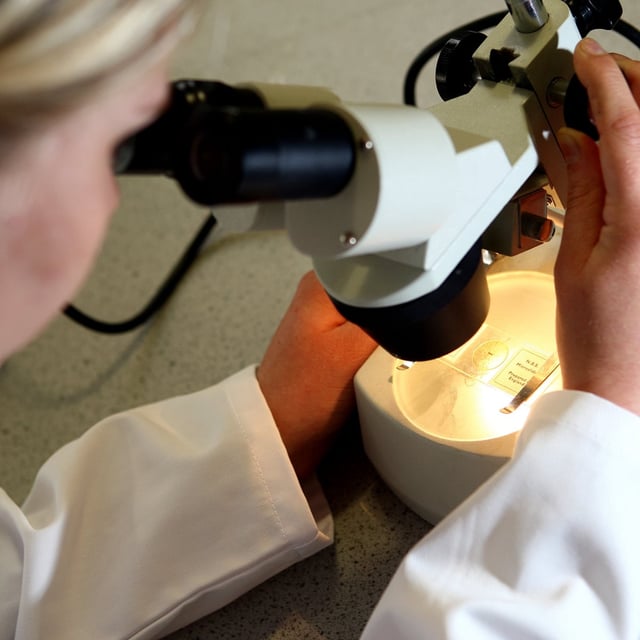Overview
- In a Phase I/II trial of the allogeneic WU-CART-007 product for relapsed or refractory T cell acute lymphoblastic leukemia and lymphoblastic lymphoma, 91% of evaluable patients responded and 72.7% achieved complete remission.
- A randomized Phase II study in advanced gastric and gastro-oesophageal junction cancer found CAR-T therapy extended median overall survival to 7.9 months versus 5.5 months with standard care and improved progression-free survival to 3.3 months versus 1.8 months.
- A dual-target CAR-T regimen targeting EGFR and IL13Rα2 in recurrent glioblastoma induced tumor shrinkage in 62% of patients and yielded durable disease control beyond 12 months in several cases.
- CRISPR-engineered universal CAR-T cells delete donor T-cell receptors and key antigens to prevent graft-versus-host disease and fratricide, enabling off-the-shelf availability.
- Across trials, adverse events such as cytokine release syndrome and neurotoxicity were predominantly mild or moderate and managed effectively with standard interventions.



